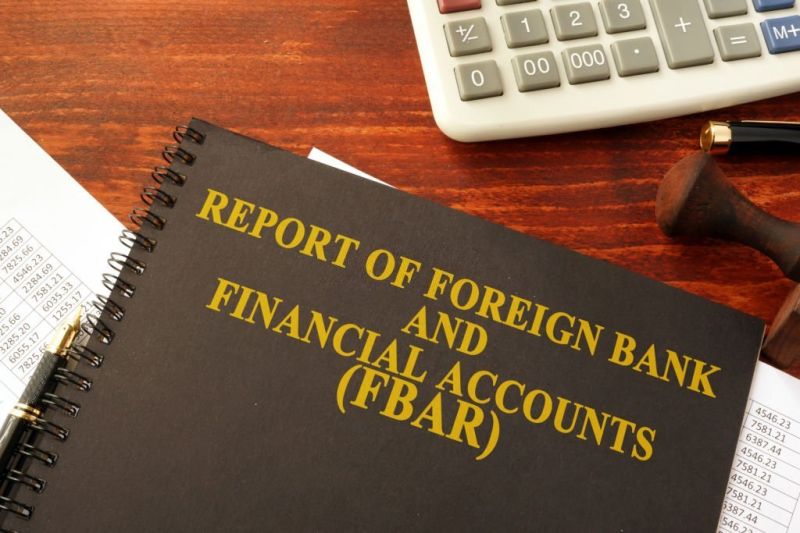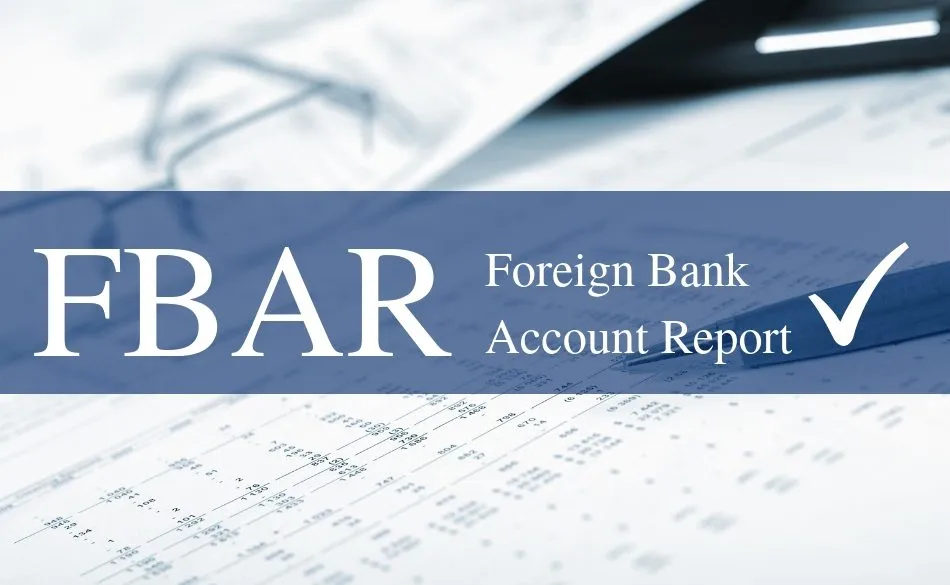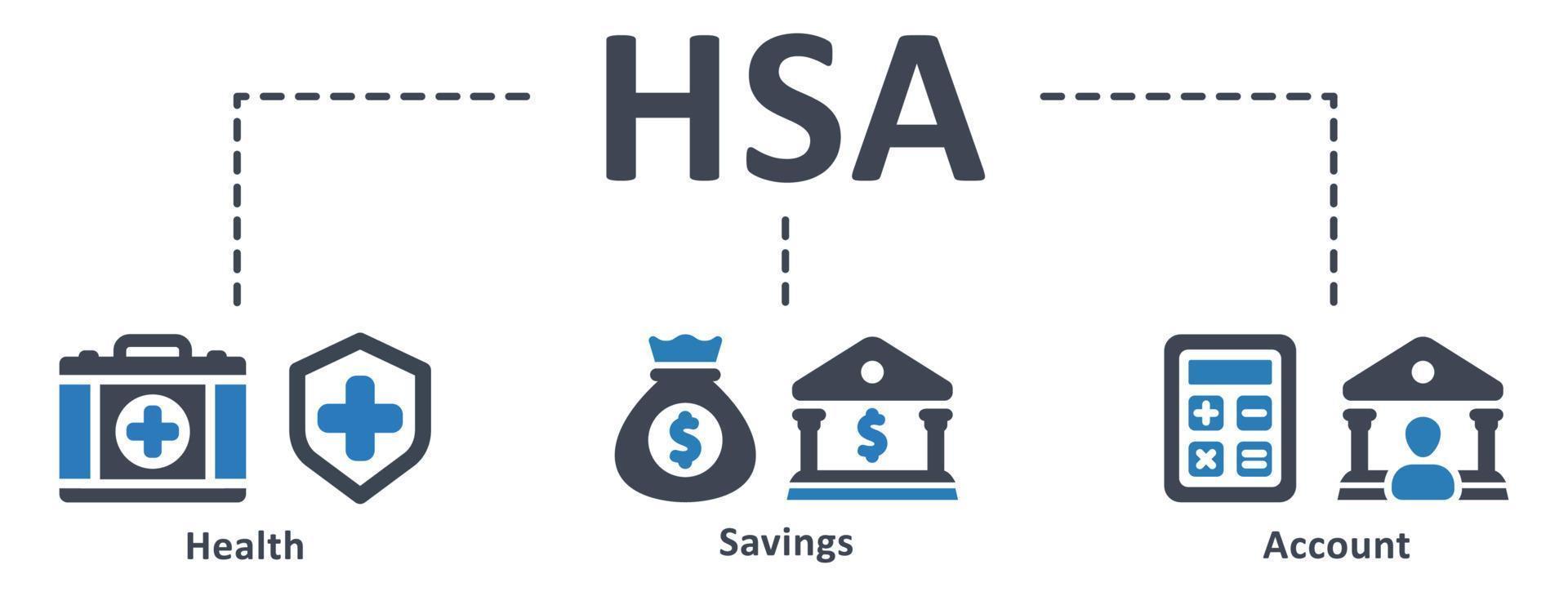 WhatsApp
WhatsApp
 Call Us
Call Us
 Email Us
Email Us
 Whatsapp Community
Whatsapp Community

As an American living abroad, it's common to maintain financial accounts (banking, pension, investments, etc.) in foreign countries. However, it's crucial to be aware that merely holding financial assets in foreign accounts can trigger specific reporting requirements, and the primary obligation in this regard is the FBAR, officially known as FinCEN Form 114.
What is FBAR, and What does it Entail?
FBAR is an acronym for FinCEN Form 114, previously referred to as the Report of Foreign Bank and Financial Accounts. This form is used to report foreign financial accounts that collectively held $10,000 or more at any point during the calendar year.
While most expat taxpayers report the balances in their foreign bank accounts, it's essential to note that FBAR reporting may extend to various financial assets, including:
a. Foreign assets held by foreign financial institutions b. Assets situated in a foreign branch of a U.S. financial institution c. Foreign mutual funds, life insurance policies, or annuity contracts d. Foreign retirement accounts e. Accounts you do not own but have the ability to control
Who is Obligated to File an FBAR?
U.S. persons, encompassing U.S. citizens, Green Card holders, resident aliens, and dual citizens, are required to file an FBAR if the combined balance of all foreign accounts they own or have a financial interest in or signature authority over exceeds $10,000 at any point during the calendar year. This obligation applies whether you reside in the United States or abroad.
When should you File?
The FBAR is an annual requirement, and to avoid penalties, ensure that you submit FinCEN Form 114 by the due date. The FBAR deadline coincides with your income tax return deadline, typically April 15, with an automatic extension available until October.
How to file FBAR Online?
Filing an FBAR electronically is simpler than it may appear. You can complete this process through FinCEN's BSA e-filing system or opt for an FBAR submission service offered by tax preparation providers that support electronic filing.
Additional Considerations for Reporting Foregin Bank Accounts
For U.S. expats, FBAR reporting may entail more than just FinCEN Form 114. U.S. citizens and resident aliens must generally report all worldwide income, including earnings from foreign trusts and foreign bank and securities accounts, such as interest income. This necessitates the completion and attachment of Schedule B (Form 1040) to your tax return.
Moreover, you may also be required to complete and attach Form 8938 (commonly referred to as FATCA) to your return. This obligation applies to U.S. citizens, resident aliens, and certain nonresident aliens who possess specified foreign financial assets exceeding specific thresholds.
Get Expert Assistance for your FBAR Filing Needs?
Navigating the complexities of U.S. tax return requirements, including FBAR reporting, can be challenging. Whether you have questions about filing or need assistance with FinCEN Form 114, rest assured that there are tax experts ready to provide guidance and support for your specific needs.







Stay in the loop, subscribe to our newsletter and unlock a world of exclusive updates, insights, and offers delivered straight to your inbox.